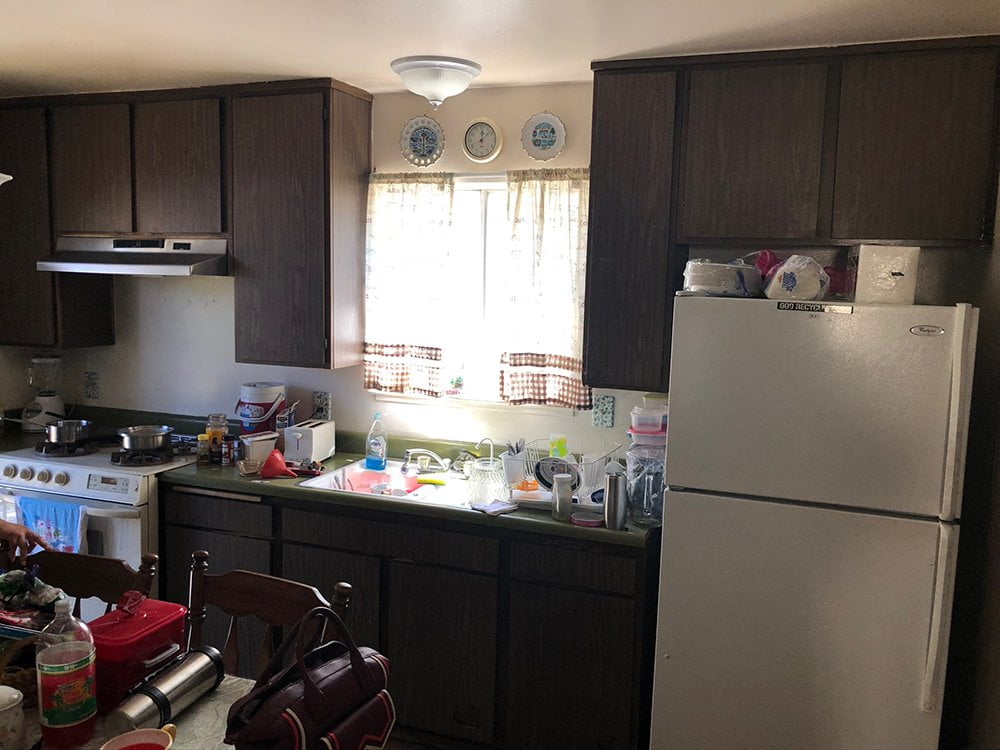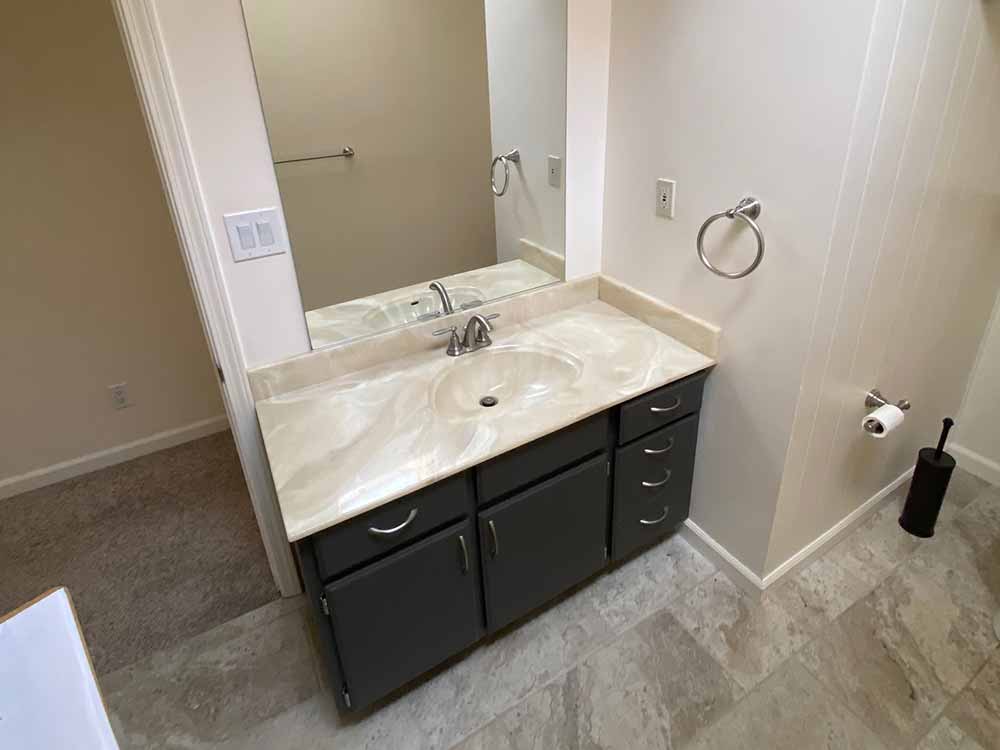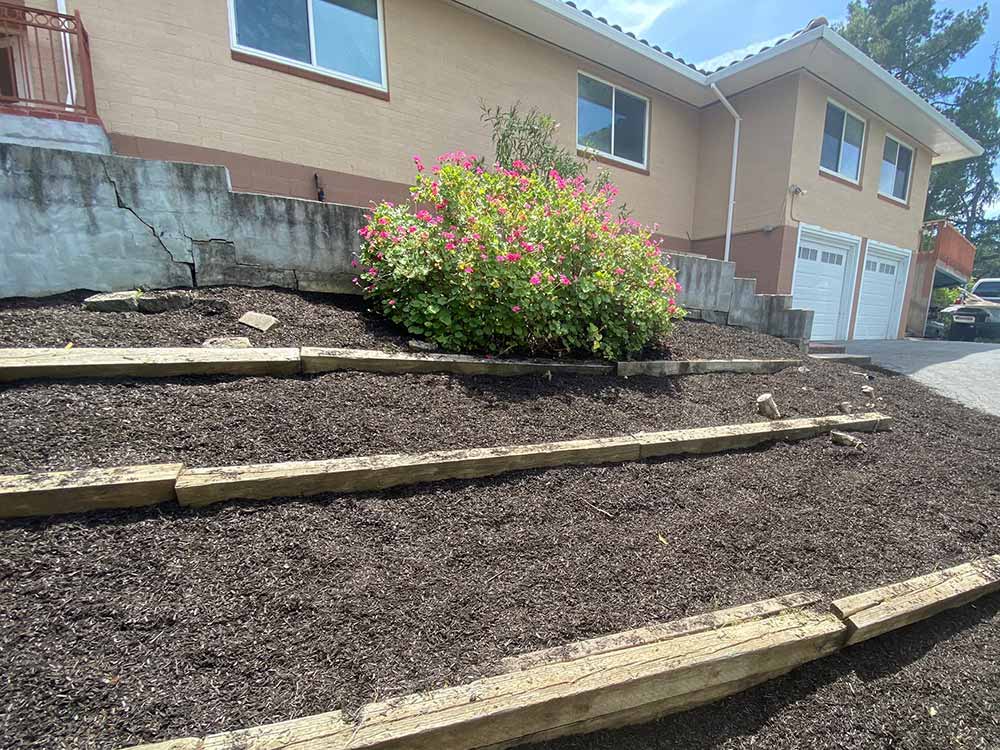Inhering property can allow you to gain valuable assets which you may use. Sometimes, however, you want to sell your house fast before they become a challenge for your finances. Among other considerations, you also have to think about whether the sale of the property is subject to capital gains tax. You might wonder, “what is capital gains tax?” and “how can I sell my house fast to avoid it?” Below is a description of how capital gains tax works with inherited properties.


What Is Capital Gains Tax?
Capital gains tax is the tax on any profit made from selling non-inventory goods. The most common examples of capital gains tax come from the sale of stocks, bonds, precious metals, real estate, and property. The rate for capital gains tax varies based on how much profit you gain and how much money you make annually. Most often, the profit you make from selling an asset such as a house or other property is the difference between how much you spent on the asset originally and how much money you make from selling it.
For property, the profit is the difference between the value of the property when you gained it and the amount of money you sell the property for. For example, if you purchased a home in 2000 with a value of $300,000, you would make a profit on the property based on the $300,000 value. This means that if you sold it for $350,000 in 2020, then you would make a profit of $50,000, which would be subject to capital gains tax.
Do You Need To Pay Capital Gains Tax on Inherited Property?
Inherited property is an asset you gain from a will or a court’s decision for the estate of someone who recently passed away. You can inherit assets such as property, real estate, stocks, bonds, and precious metals. In the United States, all inherited assets, except for precious metals, are subject to capital gains tax if they exceed a threshold set by the federal government. For property, this means you may have to pay capital gains tax depending on factors such as the gain or loss you experience. If you receive capital losses from the property, you have nothing to tax.
If you make a gain from the property, then you may have to pay capital gains tax depending on the amount of gain you earn from it. The U.S. federal government sets the minimum limit on which it imposes taxes on inherited property. If you don’t meet or exceed that minimum, then the property is tax-free. Most properties appreciate in value over me, meaning that the value of the property grows, so one way to remain below the minimum taxable rate is to sell your inherited property quickly.
There are three potential ways you can avoid paying capital gains tax or reduce the payment you need to make: use the stepped-up basis, sell your inherited property fast, and sell your inherited property for cash. Below are the details for each of these methods:
How Can You Use the Stepped-Up Basis?
Before you can use the stepped-up basis, you need to understand what it is. The stepped-up basis is a tax provision that allows heirs to sell properties to decrease the amount of capital gains taxes they pay for their inherited properties. When you inherit a property and then sell it, the original price the benefactor paid for the property is used to determine the capital gains you receive. This means that you could sell a property for a lot more money than what the person who wrote the will, purchased it for initially, especially for old properties.


For example, if your testator purchased a property in 1950 for a value of $30,000 and you sell the property in 2020 without the stepped-up basis for $300,000, then you would pay capital gains taxes for the profit you make, which is $270,000 using the basic calculation for capital gains: sale price – inherited property value = capital gain or loss. Instead, you can use the stepped-up basis to use a more recent value for the property, such as the value at the me you inherited it.
For example, if your testator purchased a property in 1950 for a value of $50,000 and you inherited it in 2019 with a value of $500,000, you can use the stepped-up basis to use this new value instead of the original. This means if you were to sell the property in 2020 for $510,000, you would calculate the capital gains as: $510,000 – $500,000 = $10,000, which would be the value used to calculate the amount of capital gains taxes you pay. This lower value leads to a much lower tax rate than the original, ulmately saving you money.
Using the stepped-up basis can even bring the value of your capital gains below the minimum threshold and let you avoid capital gains tax completely. You can also sell your house fast to avoid capital gains tax.
How Can I Sell My House Fast?
The longer you own a property, the more value it’s likely to accrue because of appreciation. This means that selling your inherited property quickly can keep the money you pay in capital gains tax low. For example, if your property gains about
$10,000 in value every year, then selling the property quickly can keep the overall cost in capital gain taxes lower then if you wait to sell the property for a decade. Some ways you can sell your house fast include getting the property appraised, selecting a competitive price for your property, and hiring a legal representative.
Getting your inherited property appraised as quickly as possible can help you sell your house fast. This is because an appraiser can quickly tell you the total value of the property and help you determine what a competitive price for your local market is. Once you have the property appraised, selecting a fair price can help it sell quickly. A competitive price is a price that is low enough to be interesting to potential buyers but high enough to be profitable. A price that is set too low can prevent buyers because of perceived challenges with the property.
Hiring a real estate investment firm who’s familiar with buying and selling property may help you sell your house fast because they can complete and file legal paperwork. They can also make sure you’re the only heir to the inheritance you want to sell and help with any legal matters that arise as you sell your property. Finally, they can help if you end up in a legal sale are selling the house because they were present to observe all the proceedings and ensure any contracts you create are acceptable to everyone involved in the buying and selling the property.


How Can You Sell Your House for Cash?
Selling your property for cash is another way you can avoid or reduce capital gains tax. This is because purchasing a property with cash is usually a one-me process, meaning you can make an offer, and a buyer can accept it on the spot. This comes with a lot less paperwork and a lot of saved me because potenal buyers don’t need to wait for banks to approve mortgages. Below are steps you can use to sell your house for cash:
1. Verify that your buyer has the funds available.
2. Sign a contract based on a buyer’s offer.
3. Hire a title or escrow company to handle the paperwork and legal matters.
4. Review and sign any closing documents.
Once you complete this process, you have officially sold your inherited property to a cash home buyer.
What Are Cash Home Buyers?
Cash home buyers are people or businesses that purchase your property for cash. There are two kinds of businesses that purchase homes for cash: businesses that buy distressed properties and businesses that buy properties that need few or no repairs. Individuals who purchase properties with cash are in a separate category that falls under private sales.
Distressed properties are ones that may need a lot of maintenance and repairs before they’re ready for sale on the market. Businesses that specialize in these properties often want properties they can get for a relatively cheap price, perform repairs and restorations, and then sell for a much higher value than what they purchased the property for. Businesses that specialize in selling other properties often want to purchase and sell the property as soon as possible to avoid paying taxes on properties they haven’t sold yet. Both options can be good if you want to sell your inherited property quickly.
At Coveway Properties, we can help you sell your house fast. Using our website, you can find information about selling your properties, testimonials from Bay Area residents who sold their properties to us, and information about the entire process of selling properties. You can also use the website to access resources for buying and selling property, including advice for new homeowners, guides for selling property to cash home buyers, and the difference between selling to investors and performing a traditional sale.
“What a relief to have found Coveway Properties! My husband and I have been struggling with what to do with this home for years. Every time we had a game plan to fix up the home to sell it, one of us was getting sick or recovering from surgery. Mike was so understanding and worked with us remotely to get the home sold. We are so grateful for his help!”SUE | CONCORD, CA.
